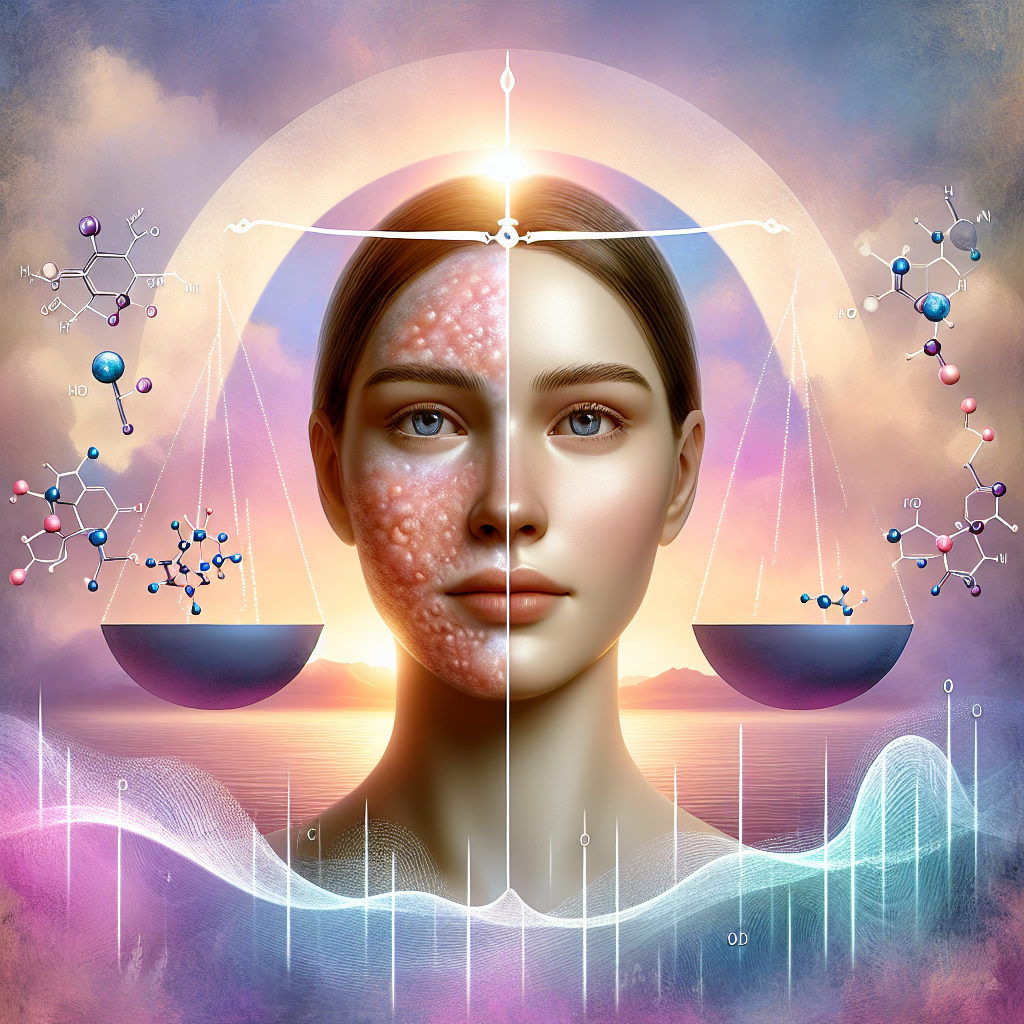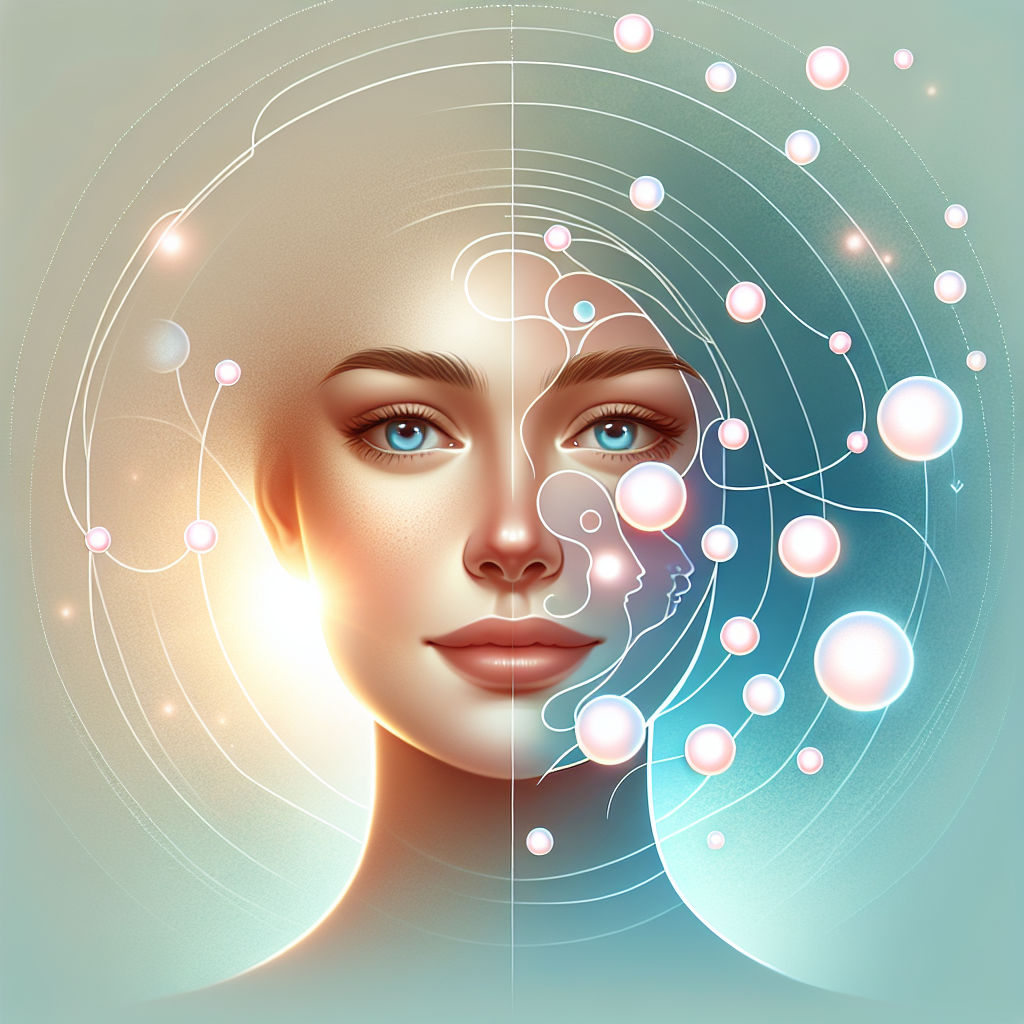How to Cure Acne: The Impact of Hormonal Balance
Acne is often a relentless companion during our teenage years, and for some, it lingers into adulthood. While there are numerous remedies and treatments available, understanding the root cause is crucial for effective management. One of the significant factors influencing acne is hormonal balance. In this guide, we’ll explore how hormones affect your skin and what you can do to achieve clearer skin.
Table of Contents
1. Introduction to Hormonal Acne
2. The Role of Hormones in Acne Development
3. How to Identify Hormonal Acne
4. Balancing Hormones Naturally
5. Medical Treatments for Hormonal Acne
6. Lifestyle Changes for Better Skin
7. Conclusion
8. FAQs

Introduction to Hormonal Acne
Hormonal acne is a type that is particularly stubborn due to its connection with your body’s internal chemistry. If you’ve ever noticed a breakout right before your menstrual cycle or during times of high stress, you’ve experienced hormonal acne first-hand. But fear not! By understanding the influence of hormones, you can take steps to manage and even prevent these pesky breakouts.
The Role of Hormones in Acne Development
Hormones like androgens, which include testosterone, increase during puberty and can lead to increased sebum production. Sebum is an oily substance that, when overproduced, clogs pores and provides an ideal environment for acne-causing bacteria. In women, hormonal fluctuations due to menstruation, pregnancy, and conditions like polycystic ovary syndrome (PCOS) also contribute to acne outbreaks.
How to Identify Hormonal Acne
Recognizing hormonal acne is the first step towards effective treatment. Here are some telltale signs:
🔹 Breakouts occurring cyclically, often coinciding with your menstrual cycle.
🔹 Acne predominantly located on the jawline, chin, and lower face.
🔹 Deep, painful cysts rather than surface-level pimples.
If your acne fits this description, it’s possible that hormones are a significant factor in your skin’s condition.
Balancing Hormones Naturally
While you can’t completely control your hormones, certain lifestyle changes can help regulate them:
🌿 Diet: Incorporating foods rich in omega-3 fatty acids, like fish and flaxseeds, can help reduce inflammation. Limiting sugar and refined carbs can also prevent insulin spikes that may exacerbate acne.
🧘 Stress Management: High stress levels can increase cortisol, a hormone that can lead to breakouts. Practices like yoga, meditation, and regular exercise can help keep stress in check.
🌙 Sleep: Aim for 7-9 hours of quality sleep per night to give your body the chance to regulate hormones effectively.
Medical Treatments for Hormonal Acne
When natural methods aren’t enough, medical treatments can offer relief:
💊 Birth Control Pills: These can regulate hormones and are often prescribed to women with acne related to menstrual cycles.
🎯 Anti-Androgen Drugs: Medications like spironolactone can reduce androgen levels, thus decreasing sebum production and acne.
🩺 Topical Treatments: Retinoids and benzoyl peroxide can help manage acne, although they don’t address hormonal causes directly.
Lifestyle Changes for Better Skin
Consistency is key when it comes to skincare. Here are some lifestyle changes that can help maintain clear skin:
🚿 Skincare Routine: Use gentle cleansers and non-comedogenic products to prevent pore blockages. Exfoliate regularly, but not excessively, to remove dead skin cells.
💧 Hydration: Drinking plenty of water supports overall skin health and can help flush out toxins.
🍏 Healthy Eating: A balanced diet full of fruits, vegetables, and lean proteins provides essential nutrients for skin repair and maintenance.
Conclusion
Understanding the role of hormonal balance in acne can empower you to take control of your skin health. While hormonal acne can be challenging, a combination of natural methods, medical treatments, and lifestyle changes can significantly improve your skin. Remember, every skin journey is unique, so be patient and persistent in finding what works best for you.
FAQs
Q: Can hormonal acne be cured permanently?
A: While hormonal acne can be managed effectively, complete “cure” may not be possible as hormone levels can fluctuate throughout life. Consistent management is key.
Q: How long does it take to see improvement in hormonal acne?
A: Depending on the treatment, visible improvements can take several weeks to months. Patience and consistency are crucial.
Q: Are there any specific foods I should avoid to help reduce hormonal acne?
A: Limiting dairy, sugar, and highly processed foods can help some people reduce breakouts. Focus on a balanced diet rich in whole foods.
By understanding the intricate dance of hormones and acne, you’re already on the path to clearer, healthier skin. Keep exploring and experimenting with what works best for your body, and remember, you’re not alone on this journey! 🌟
